Legal Advocacy for Maryland Residents Facing Discrimination and Civil Rights Violations
Civil Rights Lawyers in Maryland — Protecting Your Rights Under Federal and State Law
Across Maryland—from Baltimore to Silver Spring—individuals turn to our firm when their basic freedoms are violated or their dignity is ignored. Our civil rights attorneys represent clients in cases involving housing discrimination, police misconduct, workplace retaliation, and unequal treatment in federally assisted programs. If you’re a person aggrieved by discrimination based on race, color, or national origin, our legal team is ready to fight on your behalf. With deep knowledge of Title VI, the Civil Rights Act, the Administrative Procedure Act, and state protections, we help clients challenge injustice and restore accountability.
How The Holzman Law Firm Can Help
We represent Maryland residents harmed by discrimination in federally assisted housing, schools, and healthcare settings—ensuring compliance with provisions of Section 601 of the Civil Rights Act of 1964.
Our team includes experienced civil rights attorneys for police misconduct, helping clients seek justice in cases involving excessive force, racial profiling, and unlawful detention.
We support workers and students facing discrimination based on race, color, or national origin, standing up to labor organizations, institutions, or government bodies that violate 42 USC or state statutes.
For those who can’t afford legal help, we connect eligible clients with pro bono civil rights lawyers across Maryland, reinforcing equal access to justice for every person in the United States.
Maryland's Civil Rights Advocates — Defending Freedom, Equality, and Human Dignity
Many clients come to us asking, “What is the difference between civil liberties and civil rights?” The answer matters. While civil liberties protect against government overreach (like freedom of speech), civil rights safeguard your ability to access housing, education, employment, and public services without discrimination. In Maryland, these rights are enforceable when violated—whether due to race, religion, gender, or disability.
Our firm regularly handles cases connected to federal milestones, such as the civil rights legislation of 1957, the Civil Rights Act of 1964 (APUSH definition: landmark legislation banning discrimination in public accommodations and employment), and the 1990 civil rights legislation for short—also known as the ADA. We help enforce these statutes and push back when enforcement stalls, such as during events like the DOJ civil rights litigation freeze under shifting administrations, including those tied to the controversial Trump civil rights act proposals.
Our Maryland clients come from every walk of life—students denied services, tenants harassed by landlords, or employees overlooked for promotions. The law is clear: prohibiting discrimination isn’t just policy—it’s your right. We use the full power of federal and state laws to challenge injustice, whether you’re a white person denied equal protection, a Black tenant facing eviction, or anyone unjustly excluded from public or private opportunities.
Frequently Asked Questions
Is the term "civil rights movement" capitalized when used in legal documents or arguments?
Generally, no. “Civil rights movement” is not capitalized unless used as a formal title or in specific historical contexts. However, legal claims tied to the movement rely heavily on capitalized statutes like the Civil Rights Act of 1964.
How does Title VI protect me from discrimination?
Title VI of the Civil Rights Act bars discrimination in federally assisted programs based on race, color, or national origin. If you’re denied access to education, housing, or healthcare funding for these reasons, you may have a case.
Can I file a civil rights lawsuit against a police officer in Maryland?
Yes. If you’ve experienced excessive force or unlawful arrest, our civil rights attorneys for police misconduct can help you file a lawsuit against the offending person or entity.
How do I know if my case qualifies as a civil rights violation?
If your rights under the Act of 1964, the Americans with Disabilities Act, or the Equal Employment Opportunity laws were violated, we can determine whether federal or state action is appropriate and help you seek remedies.

